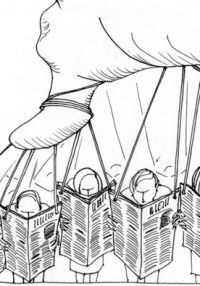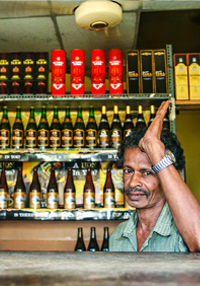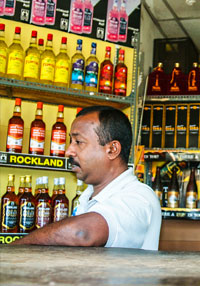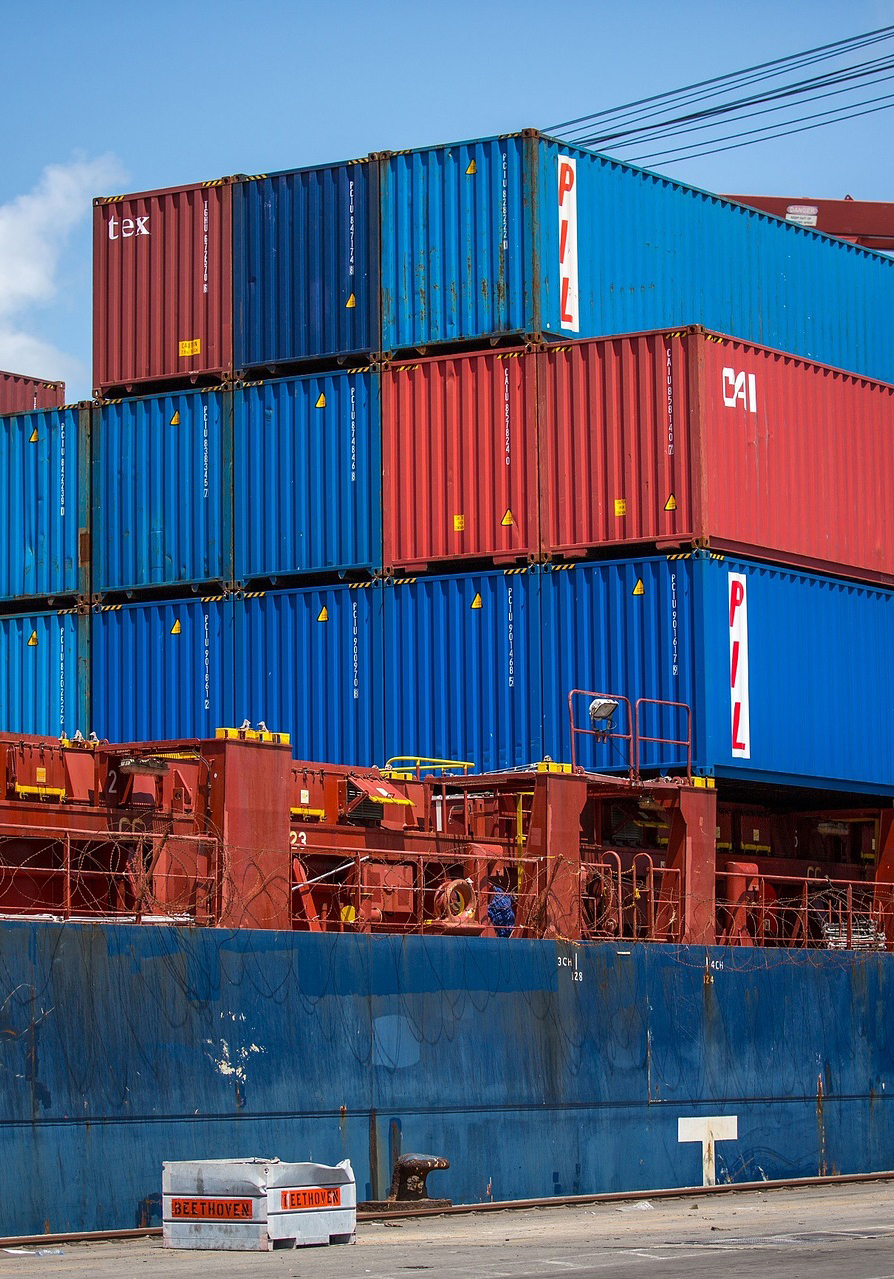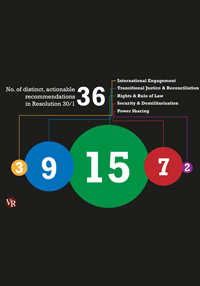ඉහළ යමින් පවතින ස්වභාවික ආපදාවන් කුඩා හා මධ්ය පරිමාණ ව්යාපාරයන් මුහුණ දෙන විශාල අභියෝගයකි. ආපදා රක්ෂණ ආවරණයන් යනු එවන් ආපදාවන්ගෙන් වූ හානියෙන් පසු සිය ව්යාපාර නැවත ගොඩ නගා ගැනීමට ඇති ප්රයෝජනවත් මෙවලමකි. එහෙත් ලංකාවේ ආපදා රක්ෂනාවරණ අනුපාතය ඉතා පහල මට්ටමක පවතී. මෙම ප්රතිපත්ති සටහන පෙන්වා දෙන්නේ සිංහල සහ දෙමල භාෂාවන්ගෙන් රක්ෂණ ලියවිලි ලබා ගැනීමට නොහැකි වීම, මෙතෙක් හඳුනා නොගත්, රක්ෂනාවරන අනුපාතය පහල අගයක් ගැනීමට හේතු වන වැදගත් හේතුවක් බවයි. ලංකාව සියලූම පොදු සන්නිවේදනයන්; සිංහල, දෙමල සහ ඉංග්රීසි යන මූලික භාෂා ත්රිත්වයෙන්ම සිදු කිරීමේ ප්රතිපත්තියකින් බැඳී සිටිය ද, අපගේ අධ්යයනය මගින් සොයා ගනු ලැබුවේ රක්ෂණ ලියවිලි සහ තොරතුරු සඳහා එකී ප්රතිපත්තිය අදාල කර නොමැති බවය.
There are three false claims that have been prevalent in print media, in relation to the tax and price increases of cigarettes in the last quarter of 2016. The claims were that (i) tax revenue reduced, (ii) beedi consumption increased, and (iii) CTC lost economic value. The Insight provides analysis that contests all three claims.
Sri Lanka is a signatory to the International Treaty, Framework Convention on Tobacco Control since 2003. It has not yet implemented the provisions relating to protecting tobacco policy from vested interests. This Insight explores the consequences of not doing so and meaningful steps that can be taken towards mitigating the influence of vested interests.
Analysis of past tax and price data reveals two aspects of cigarette pricing that are hidden from media reporting: first, net-of-tax price grew at a faster rate than the tax per cigarette; second, that the government’s tax share of the cigarette price has fallen over time.
The Cabinet decision to withdraw Excise Notification No.02/2018 is unconstitutional. The Notification removes the ban on the sale of liquor to women within the premises of a tavern. This brief explains why the Cabinet decision constitutes an imminent infringement of the fundamental right to equal protection.
On 10 January 2018, the Minister of Finance and Mass Media amended Excise Notification No.666 of 31 December 1979. It is widely believed that by this act the Minister revoked a prohibition on the sale of liquor to women. The President and the cabinet responded by asking for the amendments to be reversed. This reversal is widely believed to have reinstated the previous prohibition on women purchasing liquor. Verité Research finds both these views to be poorly-informed.
Sri Lanka and China decided to enter into a Free Trade Agreement (FTA) in August 2013 to further expand trade between the two countries. Technical negotiations, which officially commenced in September 2014, are still underway with five rounds of negotiations having been concluded. China is the world’s second largest economy, its largest exporter and its second largest importer. For a small market economy like Sri Lanka, an agreement with a country such as China presents exciting opportunities as well as daunting challenges. This briefing note provides an assessment of the challenges and opportunities that Sri Lanka is likely to face in operating under an FTA with China. Potential challenges and opportunities have been identified by analysing the key features of China’s existing FTAs with other countries.
The Global Competitiveness Index (GCI), ranks the competitiveness of economies. The GCI score is calculated using two types of indicators: objective (or measurable) indicators and sentiment (or subjective) indicators. While Sri Lanka has experienced a steady increase in the objective indicators, the steep decline in sentiment indicators have overshadowed these improvements, driving down the country’s overall score and rank.
This is Verité Research’s latest study on the Sri Lankan government’s commitments on reconciliation and accountability. The ongoing UNHRC Session began on 26 February 2018, and will include a discussion on Sri Lanka’s progress in this regard. This report analyses the government’s progress in fulfilling all 36 commitments made inUNHRC Resolution 30/1, as at 26 February 2018.
This study presents a review of the topics relevant to the debate on private sector participation in tertiary education. These include: the structure of the tertiary education sector; the legislation underlying the establishment of tertiary education establishments; and the current quality assurance and accreditation procedures for tertiary education institutions.

